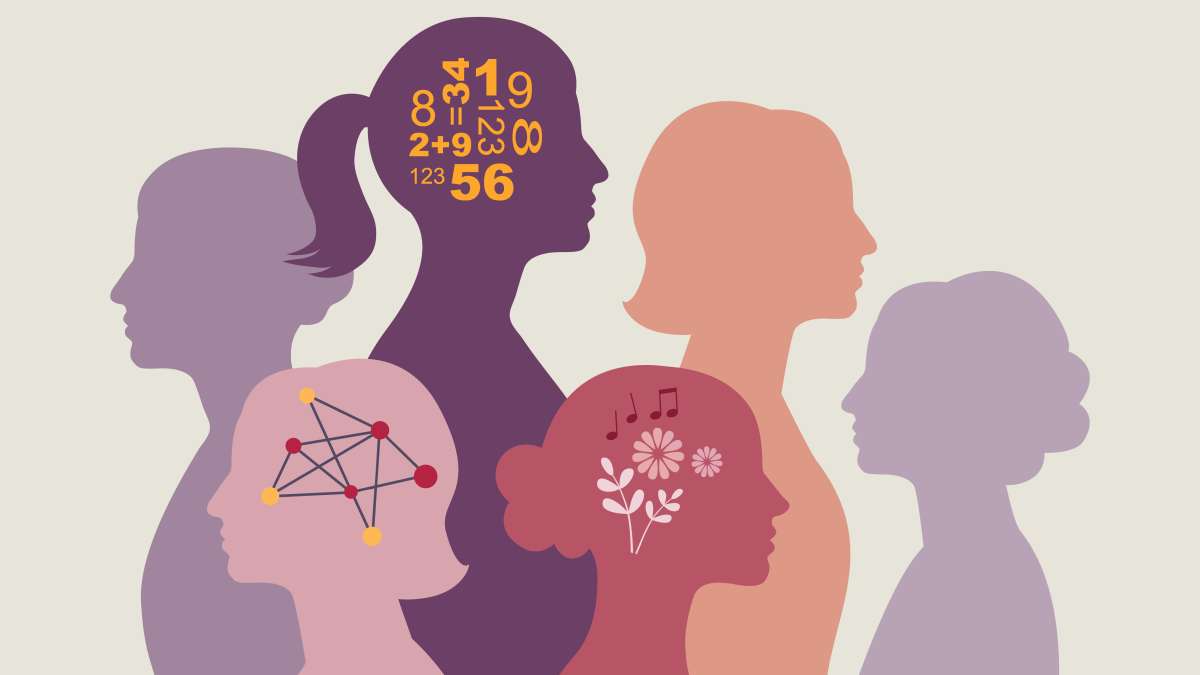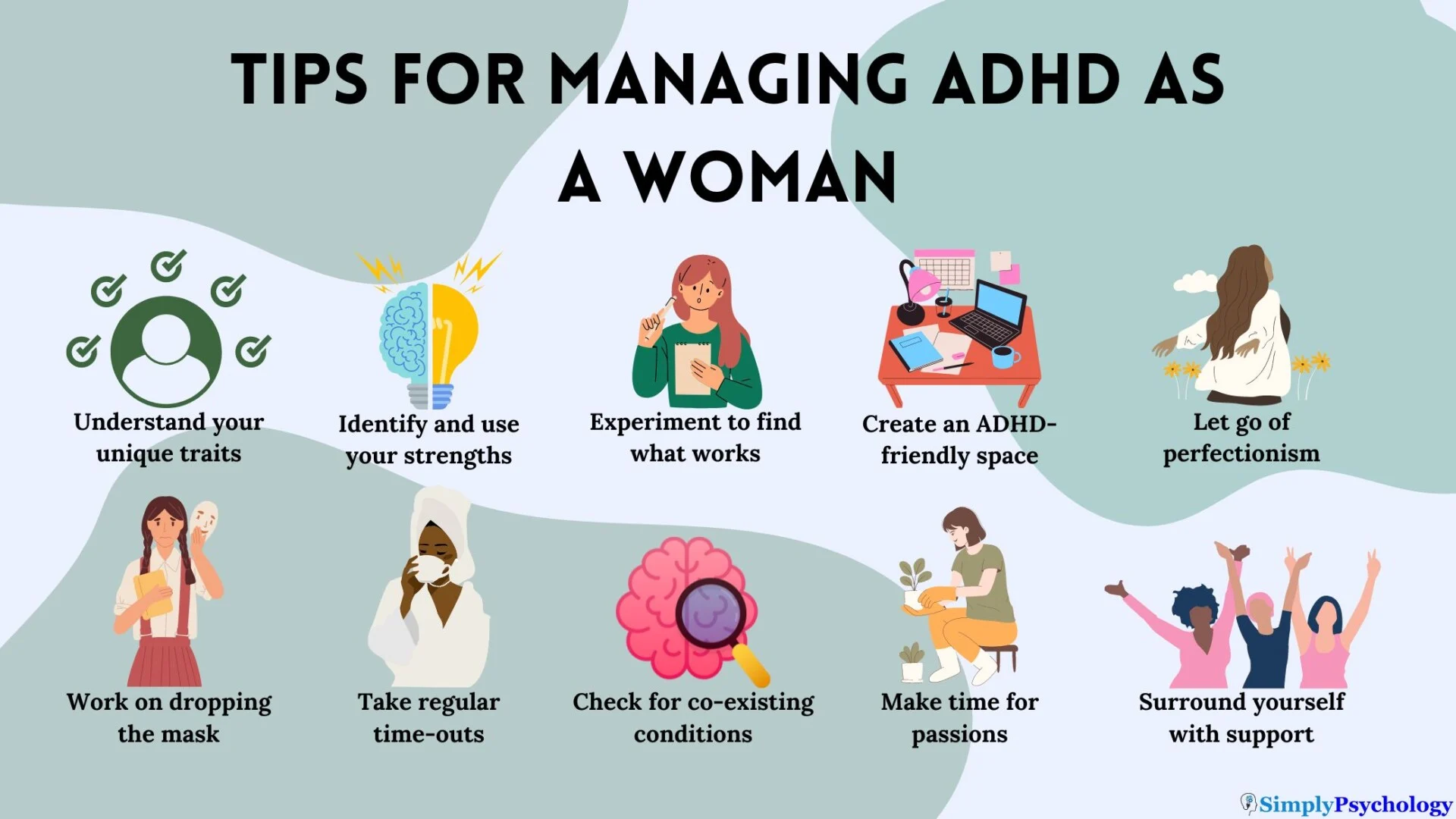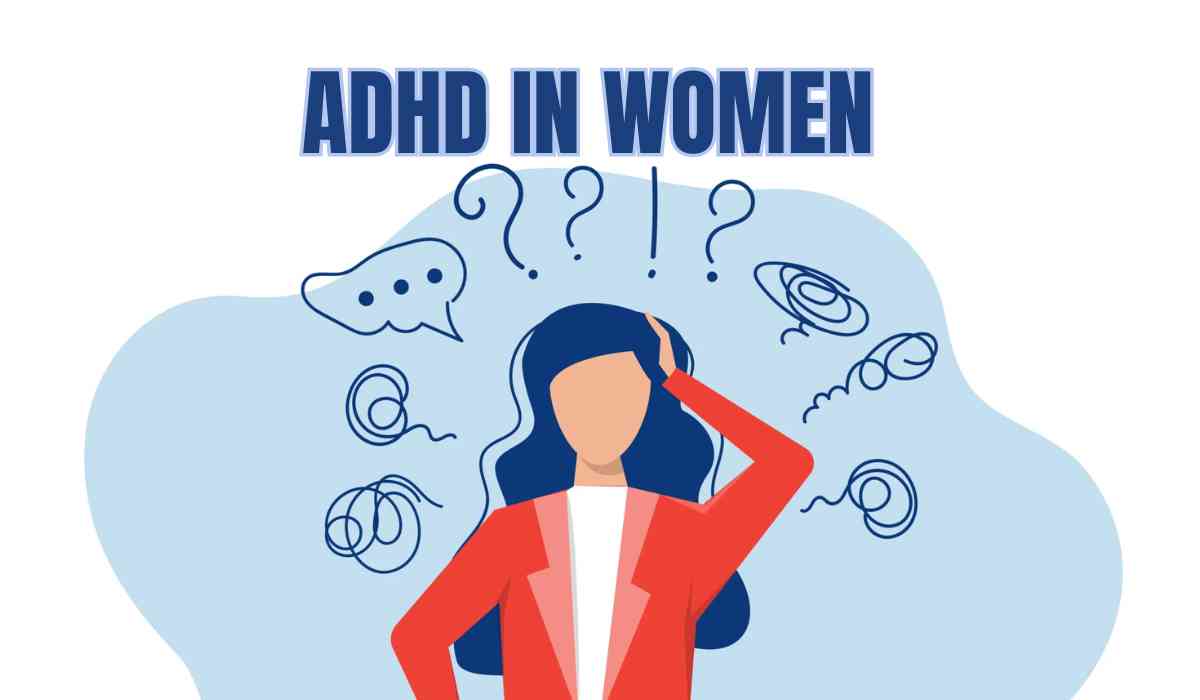ADHD is much more often associated with hyperactivity and impulsivity; however, the impact varies with different people. In women, it may manifest in ways so far removed from the stereotypic image of the disease, thus causing unique kinds of problems and symptoms that rarely go noticed. While in most minds, ADHD immediately evokes images of children, or particularly young boys, more studies have recently surfaced to suggest this is not only a childhood disorder, but significantly affects women.

What is ADHD?
ADHD is a neurodevelopmental disorder that affects the development and interaction of the various parts of the brain. The condition begins in childhood but most women have the first diagnosis in the teens or adulthood. This disorder has been associated with executive dysfunction. One is unable to pay attention, regulate emotions, or even control impulses.
How Does ADHD Affect Women?
ADHD symptoms stem from a condition called executive dysfunction, which involves challenges with focus, concentration, emotional regulation, impulse control, and self-motivation. Women are more likely to experience symptoms of the inattentive subtype of ADHD, which disrupts both work and social relationships. In contrast, hyperactivity and impulsivity, which are more common in men, are less likely to be present in women.

Causes of ADHD
ADHD is a neurodevelopmental disorder with a strong genetic link. If one parent has ADHD, there is an increased chance that their children may develop the disorder. Differences in brain structure and chemistry are associated with the condition, however, why symptoms occur more frequently in males is still under research. Negative Experiences of Female Patients suffering from ADHD. Most of the people living with ADHD find it a problem to most women because its symptoms affect relations, education, and even work.
More women today are experiencing:
- Higher risk of bullying.
- Problems of emotional control, such as rejection sensitivity.
- Mild specific learning disabilities include cases like dyslexia and dyscalculia.
- Headaches, or generally simply a fatigue.
- Comorbid mental illnesses, such as anxiety or depression, are frequent.
- Challenges in forming and sustaining relationships.

(Image source- simply psychology)
Diagnosis and Treatment.
It requires the completion of questionnaires and psychometry evaluations by psychologists or psychiatrists. While there is no cure for ADHD, it can be controlled with a combination of medications and psychotherapy.
Women with ADHD can easily manage it by doing the following:
- Adhere to Medications: Take medications exactly as prescribed.
- Seek Accommodations: Ask for work or educational changes to help control symptoms.
- Developing routines is key: habits and smartphone applications can help keep things organized.
- Attend Regular Appointments: Keep in touch with healthcare providers regularly.
Inputs by Agencies
Image Source: Multiple Agencies
Ⓒ Copyright 2024. All Rights Reserved Powered by Vygr Media.



















